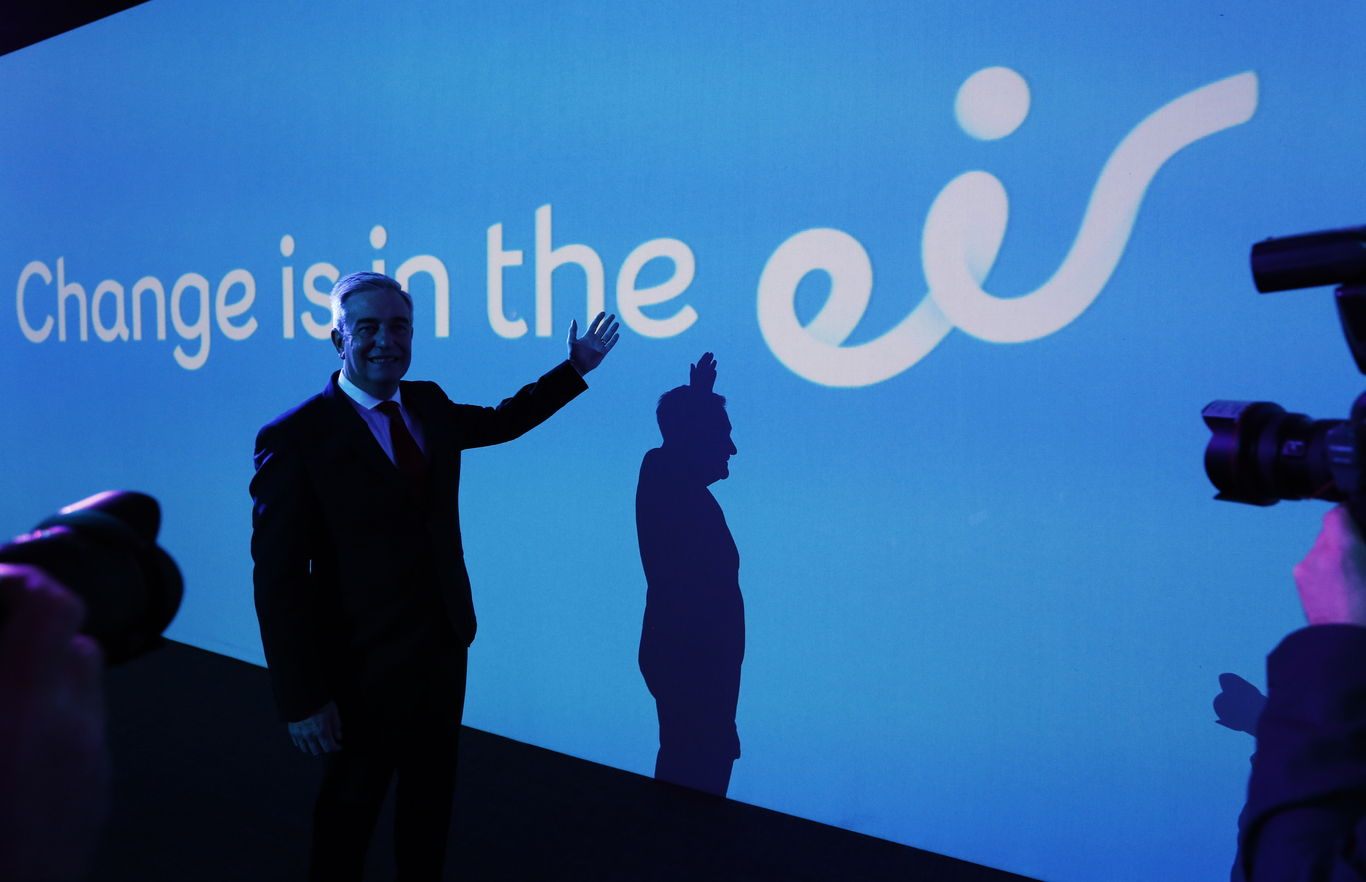The National Broadband Plan hangs in the balance as Eir quits the project
Only one firm is left in the running to build the long-delayed network.
EIR HAS WITHDRAWN from the bidding for the National Broadband Plan, leaving a question mark hanging over the State’s rural broadband rollout with only one firm left in the running for the contract.
It has been confirmed that the company has bowed out from the process, which comes as a major setback for the government’s already-delayed plans to bring speedy broadband to 450,000 homes and businesses in rural areas.
Minister for Communications Denis Naughten said Eir’s decision to exit the National Broadband Plan (NBP) tender process at this late stage was “regrettable”.
In a statement, the former State-owned telecoms company said it had made its decision “based upon the significant commercial issues and complexity within the tender process, together with growing uncertainty on a range of regulatory and pricing issues that reside outside of the NBP process”.
“The company’s board has decided that the risks are too great for its continued participation in the NBP. Therefore, Eir has reluctantly taken the difficult decision to withdraw from the tender process,” it said.
Stumbling blocks
As previously explained by Fora, the National Broadband Plan has hit a number of stumbling blocks since it was first announced in 2012. It took until 2014 for the ‘stakeholder consultation’ phase of the project get under way.
Last year, it was dealt a significant blow when Vodafone-ESB joint venture Siro withdrew from the bidding.
Eir’s decision to exit will leave just one company, Enet, in the bidding for the State contract, leaving open the possibility that the government will need to scrap or restart the tender process in order to achieve a good deal for taxpayers.
Enet has since issued a statement insisting that its consortium – which includes utility company SSE – is still committed to the project.
“We recognise that this procurement is long and complicated, but we look forward to our continued engagement with the department on the remainder of the process,” Enet chair David McCourt said.
Speaking to reporters this evening, Naughten said the fact that just one bidder remained in the process could mean that work began much quicker.
“I spoke to David McCourt today, they’re very anxious to deliver on this project because they see this very much as a shop window with which to secure other similar contracts across Europe,” he said.
Rival rollout
Eir has been separately proceeding with its own rural broadband rollout, a move that took 300,000 premises off the list for the State-subsided National Broadband Plan.
In July of last year, Communications Minister Denis Naughten hinted that work on the National Broadband Plan wouldn’t commence until the end of 2018. It was previously stated that a tender contract for the project would be signed by mid-2016.
Another delay to the National Broadband Plan would be a major blow for businesses and residents in rural Ireland.
The country has habitually scored poorly in comparison to other EU countries when it comes to the percentage of households that have access to broadband.
Note: This article was updated to include additional statements.






